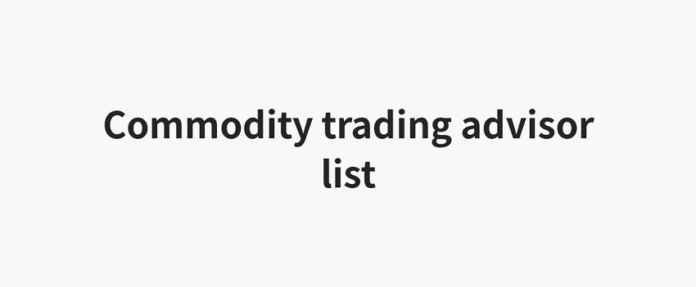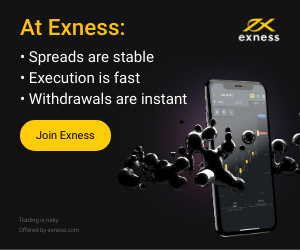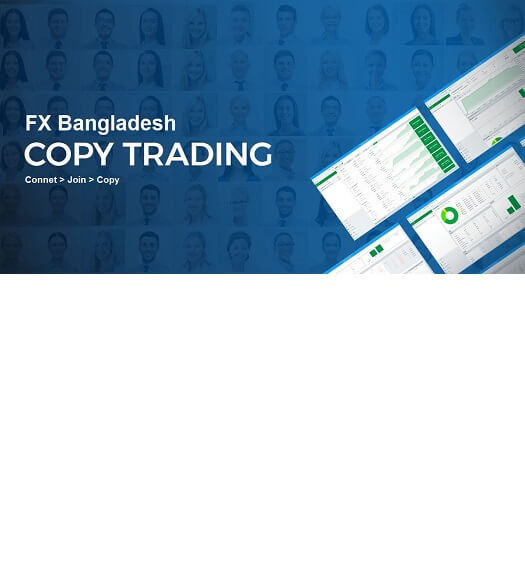Meaning
A commodity trading advisor (CTA) is an individual or firm that provides individualized advice regarding the buying and selling of futures contracts, options on futures, or certain foreign exchange contracts.
Commodity trading advisors require a Commodity Trading Advisor (CTA) registration, as mandated by the National Futures Association, the self-regulatory organization for the industry.
A CTA acts much like a financial advisor, except that the CTA designation is specific to providing advice related to commodities trading.
CTAs are:
- Regulated by the:
- SEC regulates equity and bond-related securities
- CFTC exchange-traded futures and options products as well as foreign exchange
- Registered through the CFTC and members of the National Futures Association (NFA).
Obtaining the CTA registration requires the applicant to pass certain proficiency requirements.
Commodity Trading Advisors (CTAs) are professional investment managers, similar to portfolio managers in mutual funds, who seek to profit from movements in the global financial, commodity, and currency markets by investing in exchange-traded futures and options and OTC forward contracts.
Generally, CTA registration is required for both principals of a firm, as well as all employees dealing with taking orders from, or giving advice to, the public.
CTA requires registration to give advice regarding all forms of commodity investments, including futures contracts, forwards, options, and swaps.
Investments in commodities often involve the use of significant leverage and, therefore, require a higher level of expertise to trade properly while avoiding the potential for large losses.
The regulations for commodity trading advisors date back to the late 1970s as commodity market investing became more accessible to retail investors.
Generally, a CTA fund is a hedge fund that uses futures contracts to achieve its investment objective.
CTA funds use a variety of trading strategies to meet their investment objectives, including systematic trading and trend following.
However, good fund managers actively manage investments, using discretionary strategies, such as fundamental analysis, in conjunction with the systematic trading and trend following.
































